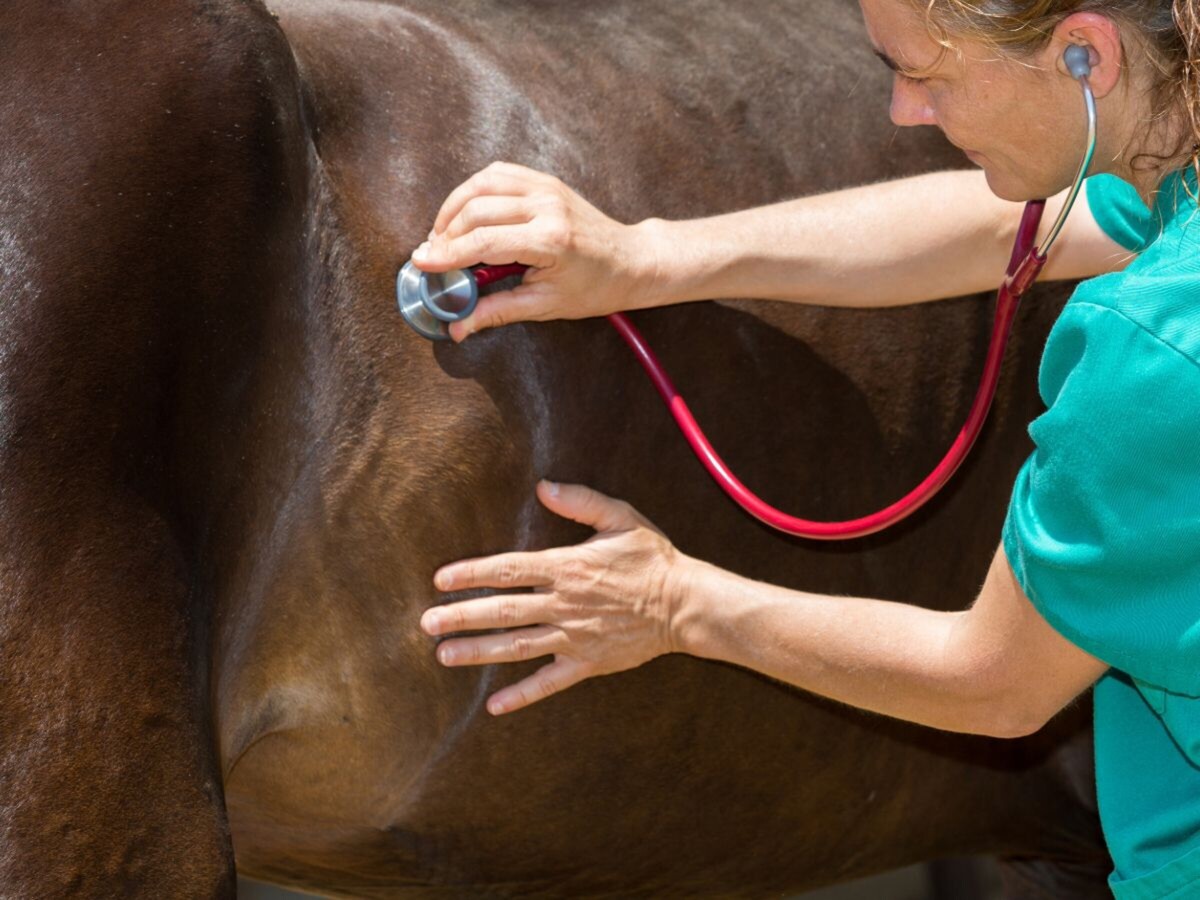Ocean County Mare Succumbs to Eastern Equine Encephalitis in Rare Off-Season Case
New Jersey confronts its third case of the deadly mosquito-borne illness in 2023, raising concerns among horse owners statewide.
The New Jersey Department of Agriculture has confirmed a third case of Eastern Equine Encephalitis (EEE) in 2023, involving a 28-year-old Grade breed mare in Ocean County. This case is notable for occurring beyond the usual season for mosquito-borne diseases in the state, with no recent travel history reported for the horse, suggesting local transmission of the virus.
The mare exhibited severe symptoms including depression, ataxia (loss of control of bodily movements), disorientation, and falling, leading to its humane euthanasia due to clinical deterioration. Previous diagnoses of EEE were made in Gloucester and Salem Counties earlier this year in September and October.
Contrasting with the typical patterns, mosquito populations in most New Jersey regions this season have been reported to align with the 5-year average. However, the recent case in Ocean County indicates that mosquito activity, and consequently the risk of EEE, may extend beyond the expected period, particularly during unseasonably warm temperatures.
In light of these developments, livestock owners are urged to vaccinate their animals against EEE, West Nile Virus (WNV), and other mosquito-borne diseases. Commercially available and effective vaccines for EEE and WNV are key preventive measures. Assistant Secretary of Agriculture, Joseph Atchison III, emphasized the importance of vaccination, noting that “Vaccinated animals are much less likely to contract deadly diseases such as EEE and West Nile Virus.”
EEE and WNV are serious viral diseases that affect a horse’s neurological system and are required to be reported to the State Veterinarian within 48 hours of diagnosis. The New Jersey Animal Health Diagnostic Laboratory provides testing for these diseases and can be contacted at 609-406-6999 or via email at jerseyvetlab@ag.nj.gov.
For further information about EEE in horses and preventive measures, horse owners and livestock managers are encouraged to visit the New Jersey Department of Agriculture website.















